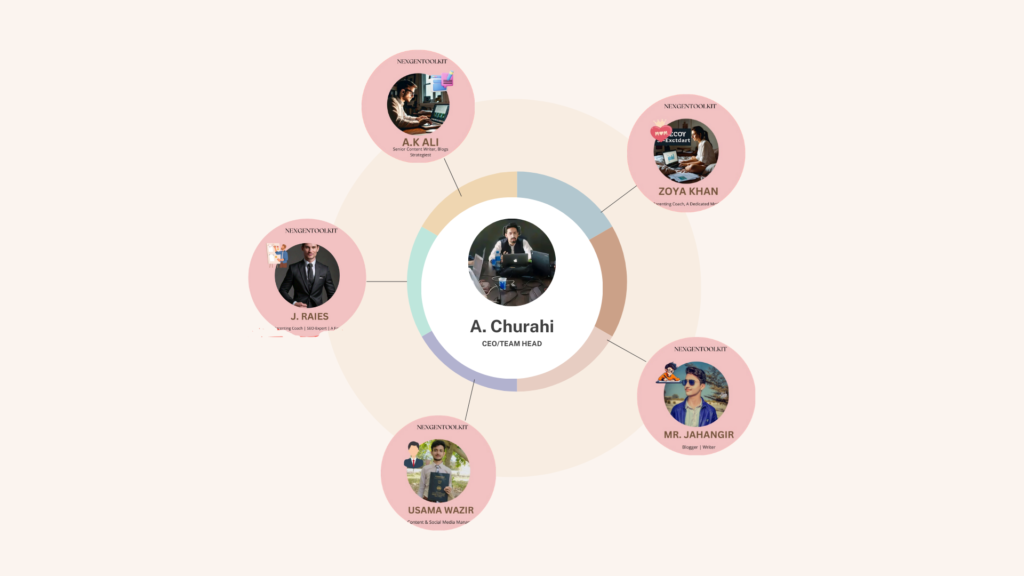Dealing with a Disrespectful Grown Child
It becomes rather difficult and frustrating for the parent to Dealing with Disrespectful Grown Child who has no regard for manners. It frequently involves finding the right mix that contains some proportion of knowledge, tolerance, and assertiveness to excel at this stage. Below are some easy procedures that next of kin can follow to get through this phase and enhance their association with their offspring.
You may also like to read about Names Meaning Sun
The Complete Manual for All Parents :

1. Understand the Root Cause
Mass media often surprises viewers with notifications about the poor behavior of celebrities, and my grown child is one of them, so before getting mad and trying to make your grown child obedient and well-behaved, try to think about why he/she is acting this way.
It could stem from various factors such as:
- Lack of Independence: They might experience resentment of her dependence or lack of capacity to promote themselves.
- Communication Breakdown: Thus, misunderstandings or unresolved conflict could cause the involved individuals to become rude towards each other.
- External Influences: Stress at the workplace, marital or family issues, or other facets of life can then affect your marriage.
2. Evaluate Your Behavior
- Think about what you can do or say that may further the dynamic. Consider whether you can accidentally draw their disrespect or make the situation worse. One must first acknowledge and understand this issue personally before the need to address and solve it can be realized.
3. Open a Dialogue
- Find the right time for this when your child is relaxed and there are no other individuals around before you talk with him/her. Go to them with kindness and talk to them about matters of concern without pointing fingers. Use the “I” statement to explain how you feel and ask them to express how they see it.
4. Set Clear Boundaries
- The expectations concerning acceptable and intolerable behavior must be set. State possible outcomes of rude actions – cutting interactions, freezing interaction for some time. Consistency is the all-important factor in enforcing these boundaries properly.
5. Focus on Mutual Respect
- The main thing that should be encouraged in any relationship is the aspect of respect. Promote two-way communication where the partners listen to each other as well as acknowledge each other’s emotions. This lays the premise for healthier communication.

6. In case all does not work, one should not hesitate to consult a professional.
- If you still experience it, and the situation doesn’t change, it may be wise to consult a professional. Therefore, family therapists and counselors can help you shape constructive communication and bring you options based on your family relations.
7. Encourage Personal Growth
- Encourage your child to go for self-actualization activities that include counseling, consulting, or taking self-enhancement courses. Teasing or criticizing may have negative influences on their behavior, thus trying to persuade them to develop independence and responsibility will help.
8. Lead by Example
- Show courtesy in how you speak with your child and/or else, to others. Dedicate them to learn through example how you and your partner demonstrate the possibility of great respect, reasonable communication in case of conflicts, and improvement of the relations.
9. Practice Self-Care
- In handling a relationship with a disrespecting grown child, one is likely to be exhausted most of the time. A person needs to ensure they are fine, spending time doing things that make them happy and joining a support group.
10. Be Patient
- Making and working on changes in a relationship is never easy and always requires effort from both parties. This will be a gradual process so you need to be patient with the process as well as feel a sense of accomplishment for small changes that are made. Remember that change and development may be slow and a long time coming.
11. Avoid Power Struggles
- Avoid arguing with the child and do not attempt to outpower each other. Otherwise, a considerable amount of the written communication should address constructive communication and conflict-solving approaches. Do not aggravate the situation and try not to raise your voice.

12. Acknowledge Progress
- Always ensure that you affirm any improvement or attempt that your child has made on the right use in addressing other individuals. They can be encouraged to continue with the improvement by positive reinforcement.
13. Respect Their Independence
- Understand and appreciate your child as the grown-up they are now and let them be on their own. Do not be too dominating in your relationships as this might cause resentment and rebellious feelings in the individual.
14. Set Realistic Expectations
- The expanded social participation also requires having proper expectations for the speed of changing the course for a healthier one. It is normal to face some setbacks when trying to alter people’s behavior patterns, and it would be unrealistic if they did not occur, to begin with. The last lesson that can be learned is to remain committed to the process while modifying the expectations that have to be met.
15. Mention Cultural and Generational Factors
- Paying attention to cultural or generational differences will directly affect communication styles and perceptions of respect. It is necessary to try to understand these differences and begin to look for a common position to be able to communicate.
16. Offer Support, Not Judgment
- More positive reinforcement instead of negative reinforcement or scolding. Remind your child that you are always there for them, and they do not have to go through obstacles alone.
17. Practice Active Listening
- Pay close and careful attention to your child when he or she talks to you about their complaints or stress. Acknowledge how they feel and tell them that you understand their feelings, although you do not approve of their actions.
18. Encourage Healthy Boundaries
- As much as you can, inspire your child to free himself and set good boundaries for his relationships and responsibilities. Adult children expect others to accommodate their need for privacy and privacy but at the same time, they also expect others to support them.
19. Seek Mediation if Necessary
- If the lines of communication remain broken, one may need to get someone who can help in a middle-manner such as a mediator or maybe a family counselor. Going for mediation is effective for the party and can foster positive communication and give both an opportunity to see the issue from the other’s angle.
20. Long-term goals that relate to the relationship with the clients need to be the central area of attention.
- So remember to always keep an ultimate vision of your immediate objectives of cultivating a healthy and non-confrontational relationship with the child. Always ensure that the priority is to establish trust with your partner as well as to embrace each other’s concerns and needs as opposed to fighting.

Conclusion :
For a parent to manage a relationship with a rude adult offspring, they must embrace tender-heartedness and at the same time assert themselves while embracing knowledge.
In other words, by identifying the causes of such conflicts, defining personal pé limits, and effectively reciprocation lượt regard, the parents can strive to regain the contentious relationship with their grown-up children. Just bear in mind that no two families are the same and it may take some time to discover what is going to suit your family most. The message that can be derived from the given quotation: positive change does not happen overnight and requires time and effort.
You may also like to read about the Latest Middle Names for Handsome Boys










